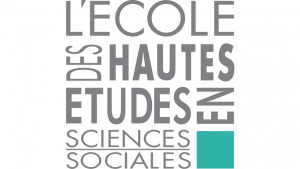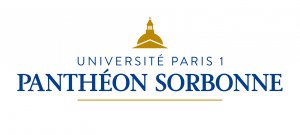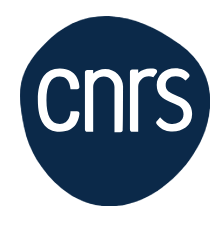Contrat post-doctoral PSL "Public Sentiments"
The CNRS is recruiting a post-doctoral researcher on the subject of “Public Sentiments” for a period of 12 months starting September 2017 as part of the PSL Research University project “Emodities”, headed by Prof. Eva Illouz (CESSP, EHESS).
The selected post-doctoral researcher will be part of an interdisciplinary network working in collaboration with different member institutions of the PSL Research University. He or she will have the opportunity to exchange with scholars of diverse fields, in France and abroad, to organize workshops, seminars and conferences dedicated to the subject of public sentiments and present his or her work in them.
This research program seeks to understand the role and the formation of public emotions and to study the ways in which technology, media and public space interact and generate public sentiments.
The post-doctoral research project can follow up on one of the two proposed approaches to studying public sentiments, or, alternatively, make an original proposition not presented in this call.
1. Public sentiments, politics and crisis
Liberal polities display a paradox. They are fundamentally based on the assumption of rationality, that is, on the assumption that citizens must choose leaders according to their best interests and that the public sphere is the site of rational deliberation and debate. And yet modern polities are characterized by an extraordinary multitude of images, story telling and technologies that constantly generate and circulate emotions. As recent events worldwide further suggest, all democracies are never far from affect-saturated politics.
This requires an understanding of the ways in which media discourses, images, social networks, technologies and informal interactions contribute to the creation and contagion of public sentiments. This project will try to understand the formation of public sentiments as they are orchestrated by social media and media industries, either in conjunction or separately.
Particular attention can be paid to 4 key public sentiments:
- Fear and its collateral emotions such as economic panic or anxiety
- Collective grief
- Resentment and its collateral accompanying emotions such as anger or rage
- Hope and pride
Candidates from the disciplines of Sociology, History or Political Science are preferred.
2. Public sentiments, consumption, ‘moods’ and imagination
The concept of public sentiments can also be observed in the case of ‘experiences’ and ‘moods’ generated by a variety of industries, predominantly related to the spheres of leisure, art and design, industries that produce, sell and manage emotional moods. An emotional mood differs from an emotion proper because it is often aroused by sensory stimuli, is more diffuse, that is, less clearly valenced toward a specific and circumscribed object than an emotion, by the fact that it may contain a variety of affects that can coexist (e.g., a mood evoking at the same time relaxation and arousal).
The ‘moods’ created by these industries are both public and personal sentiments, as they are defined on a collective and consensual basis, but, when consumed by the subject, are interpreted and completed through imagination and sensorial experience. Commodities that produce emotional moods are strongly anchored in imaginary anticipation and in bodily sensations during their experience. Emotional moods are thus induced by sensory events and help experience one’s individuality on a hedonic mode.
This perspective can generate a number of questions, as: what are the imaginary spaces and scapes shaping consumer emotions? How is urban space conceived in emotional terms? How have different disciplines as technological and consumer design evolved to tap into emotions?
These questions can be answered through any number of approaches or case studies, such as the History of Design, Aesthetics, or the Sociology and History of Consumption.
Conditions
Applications can be submitted in either English or French.
- The candidate must obtain a Phd degree by December 2017.
- Good working knowledge of English is required. While research can be conducted in English, a good command of French is also necessary to be able to work in the French academic environment.
The call is open to candidates of all disciplines.
A number of applications will be selected to present their projects in front of a jury, which will take place during the second week of July 2017 (to be confirmed). A Skype interview may be considered. The final result will be announced during the end of July 2017 (to be confirmed).




